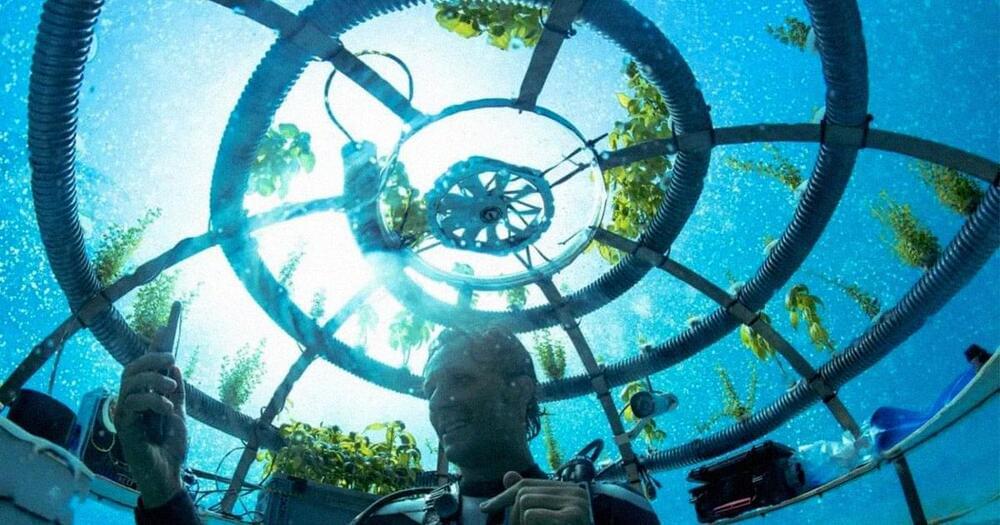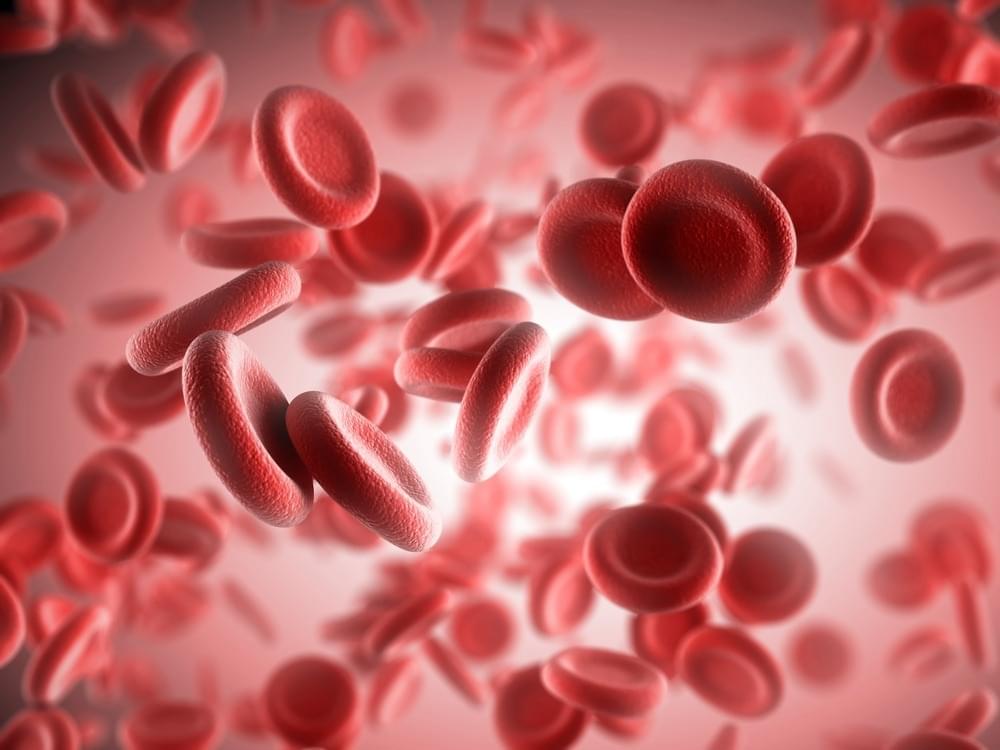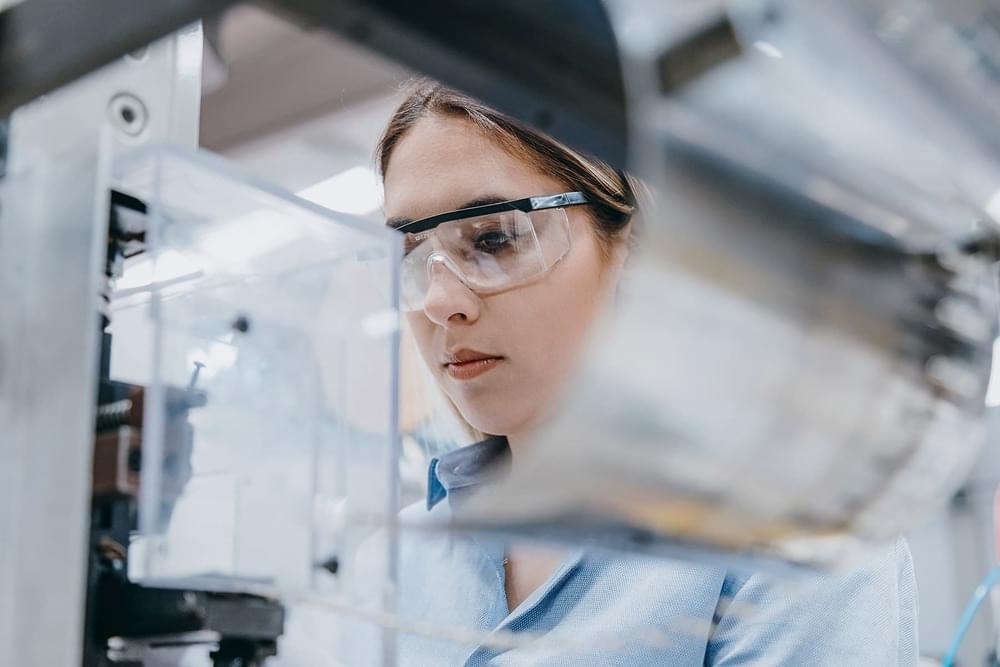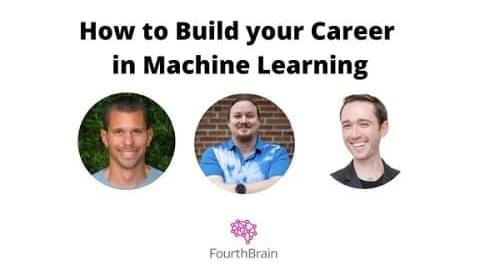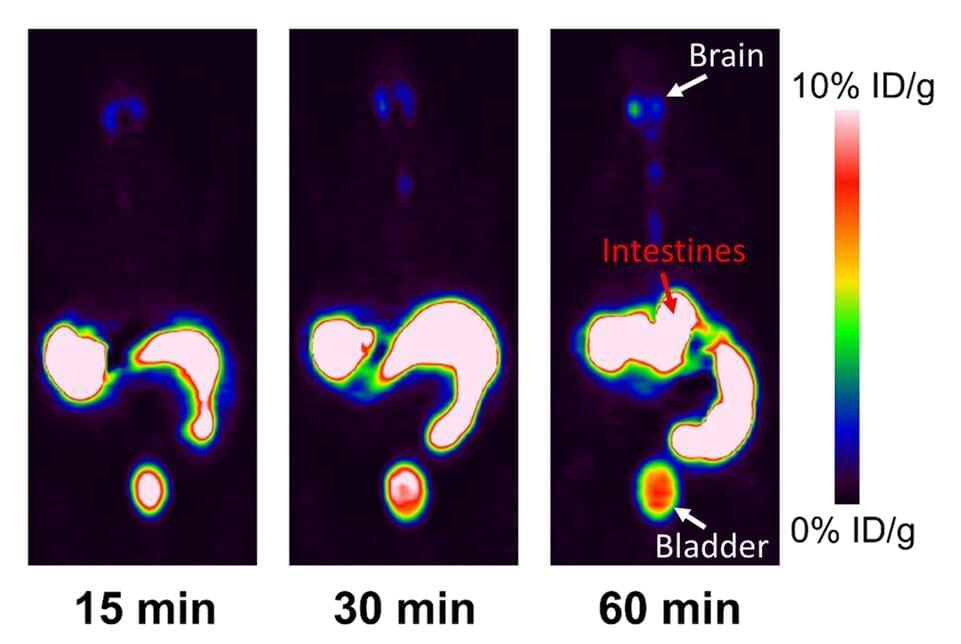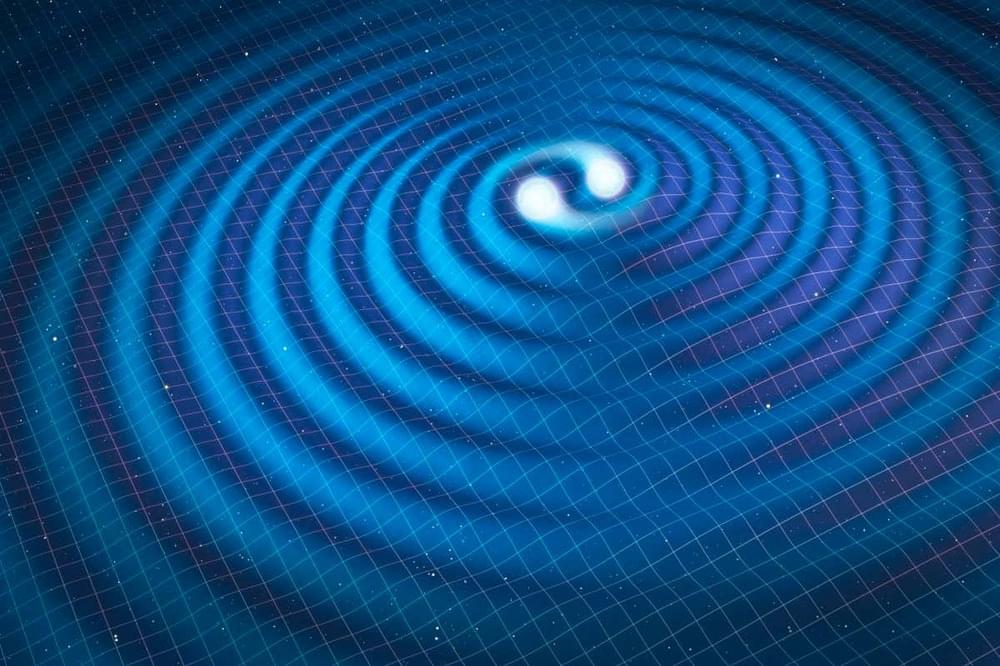Nov 10, 2022
Divers Growing Veggies in Underwater Greenhouses
Posted by Quinn Sena in categories: food, sustainability
He’s hoping that his plastic orbs, which rest between 15 and 36 feet below the ocean’s surface and hold about 528 gallons of air, will provide a water-conserving, overall sustainable alternative to on-land agricultural operations, particularly helping dry coastal nations grow more food without having to desalinate more water — a costly and resource-intensive process. The plants require just a small bit of starter water, but from there, they’re self-sustaining. Sunlight heats the submerged spheres, which contain humid air that naturally condenses into freshwater on the walls and drips back into the soil.
“Since the underwater farm needs an external source of water only for the start-up of plants growing,” reads the company’s site, “our system could be useful for those locations far from the bodies of water available.”
